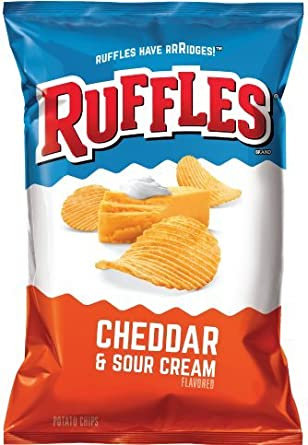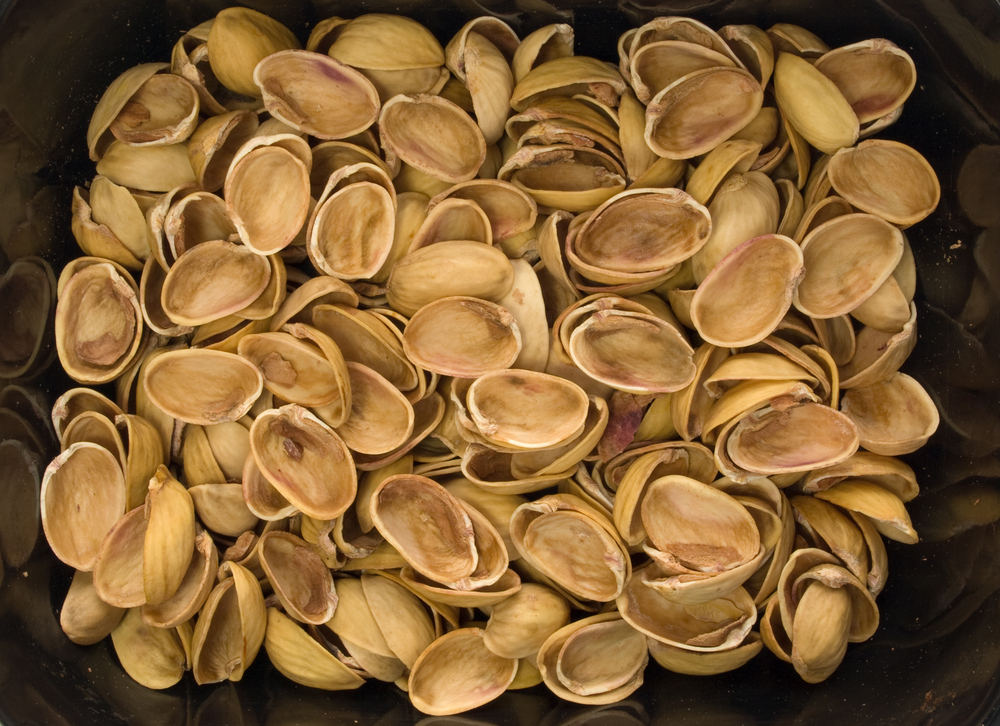“Brands” aren’t new. For hundreds of years, shop-owners and trade-workers worked to create a reputation of their work, specifically a positive one. But in today’s world of technology and constant connection, building a brand is widely different.
Instead of building a reputation in a town or, if you’re lucky, a city like back in medieval times, brands today are global enterprises with more world influence than some kings and queens had. With this connection and power comes a new idea of brand-building. What used to be showing your experience is now convincing mass consumers through various forms of media. What used to be conscious word-of-mouth is now something far less obvious, a method of advertising many companies tap into that you might not be aware of.
This form of advertising is called making “iBrand ambassadors.” These are consumers that love your product so much that they’re willing to share it with more people. They want other consumers to experience it as well. This is the ultimate goal for companies, well, other than making money.
But here’s the real question: is this a bad thing? After all, if consumers wish to share your product, that means you made a good product, right? Well, here’s where we can see the real difference between plain word-of-mouth and being an iBrand ambassador. In many cases, consumers become iBrand ambassadors without even realizing they’re advertising for that company.
Yet while some companies tend to push their consumers towards this a little too much, I don’t think what these brands are doing is truly wrong or should be seen as dishonest. I think the issue comes from us consumers not being aware of what we’re doing.
Take for example, Nestle’s products. Nestle is known as one of the morally worst companies in the world. They’ve taken part in many shady practices and human rights violations overseas. Many people have chosen to stop buying Nestle products because of this. However, did you know they own Purina? How about sparkling water company S.Pellegrino? What about Cheerios? Nestle owns them.
Nestle’s long fingers reach into many other companies, to the point that it’s very difficult to eliminate Nestle from one’s home. This is understandable, of course, and I wouldn’t blame anyone even for using their well-known products such as their chocolate chips. But let me ask you this: would you advertise for them, for free? Would you donate your time to them?
When you insist that a particular product is better than another, or when you rank it’s flavor as “the best,” you are advertising for that company. There’s nothing necessarily bad about that, but make sure you’re aware that you’re doing it. Understand who the company is and make sure you’re comfortable not just consuming, but supporting them.
Now in closing, I want to share an objective fact. Ruffles Sour Cream and Cheddar potato chips are good. They’re flavorful, to the point that you can enjoy them without a dip or topping, but they’re not overwhelming. I’m a big fan of Wachusett’s Sour Cream and Onion potato chips, but I also am a big fan of having gums, so it’s a bit of a battle sometimes.
But these sour cream and cheddar chips… mmm.. are they ever good. I mean even the bag, look at that delicious bag! Sure the rest of ruffles’ chips are trash, and sure, the Frito Lays company is known to underpay employees and even refused paying for disability support after one of their employees was literally electrocuted on the job, after which they stalked and threatened their injured ex-employee, but the chips are pretty damn good! In fact, if you disagree with my, I will yell their name over the hills to prove you wrong.




0 Comments